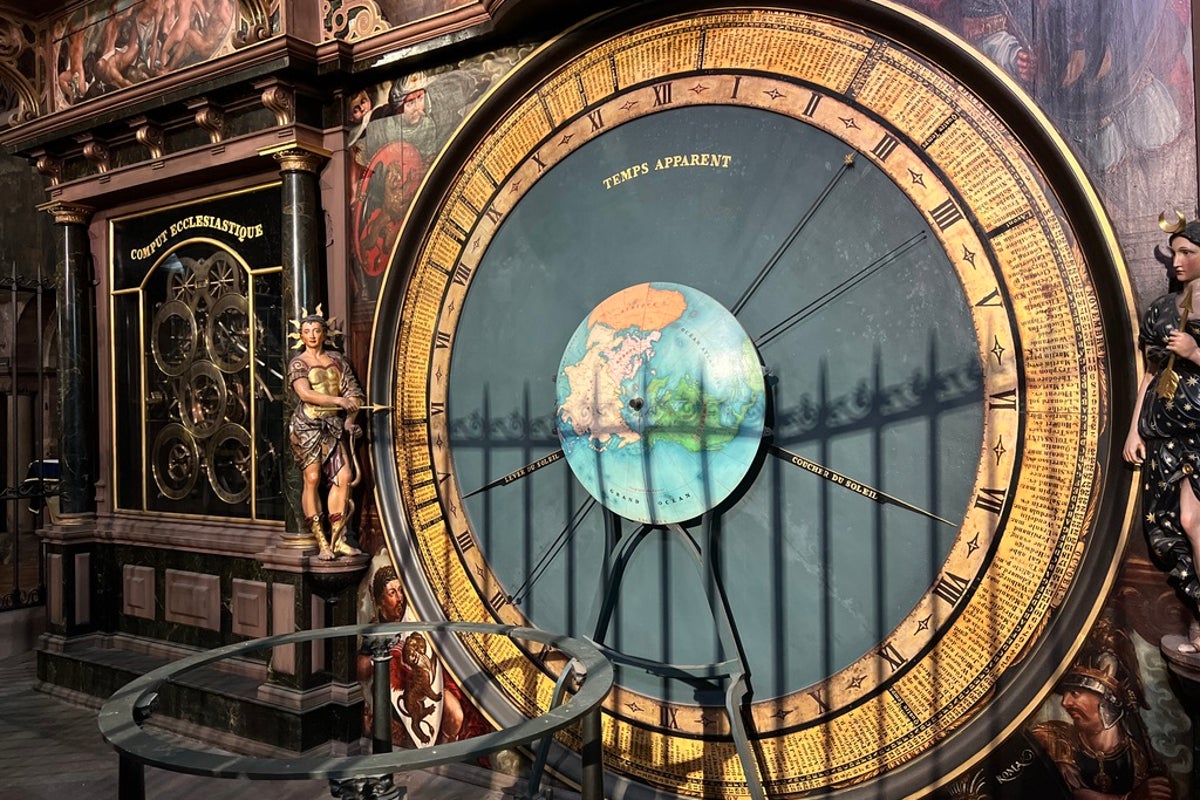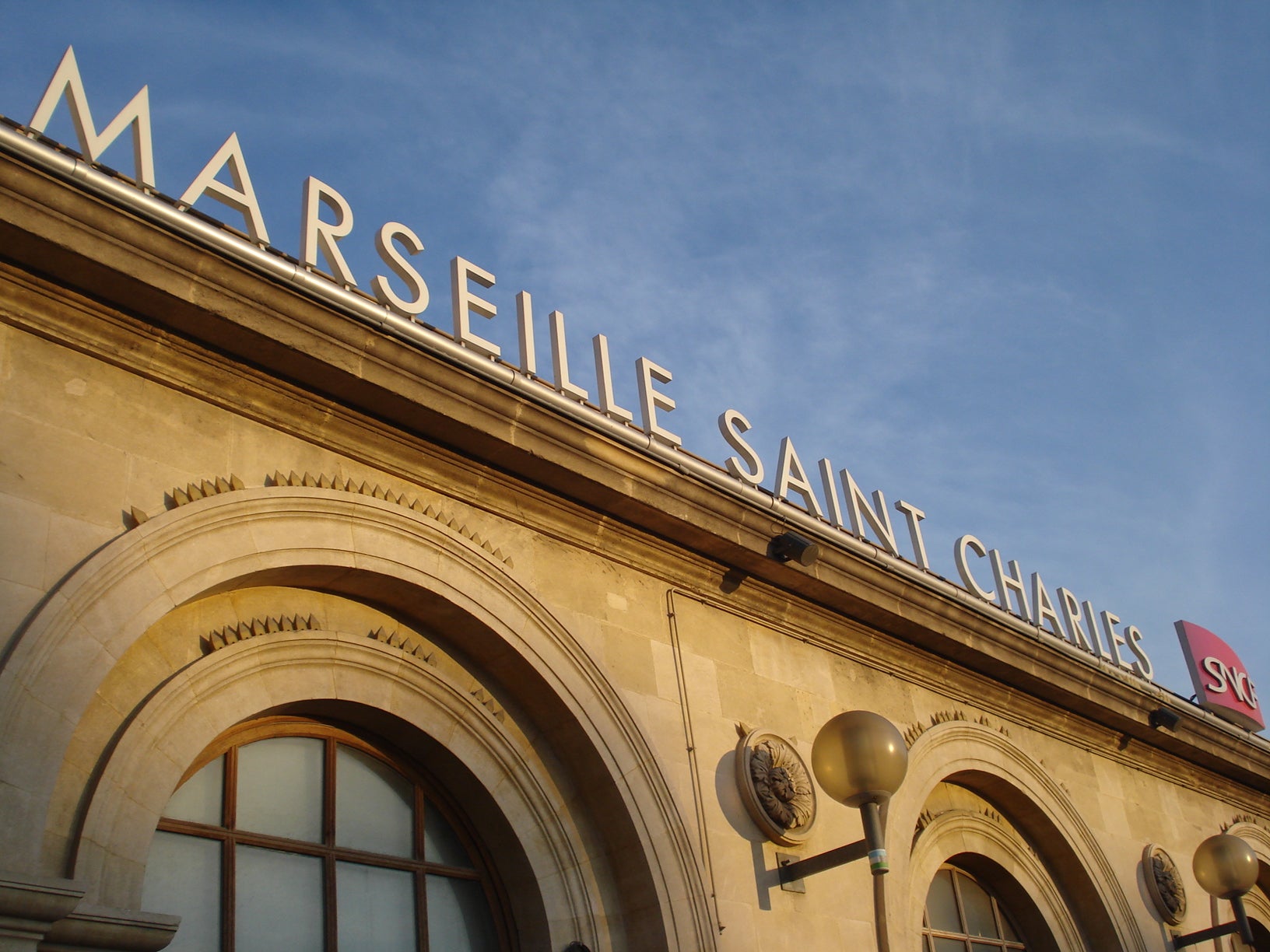
Some travel laws – to do with safety – are essential. But rules aimed at passengers are often ineffectual. For example, the alcohol ban on ScotRail trains will be lifted next month; instead of trying vainly to police Prohibition on the railway, efforts will be focused on tackling antisocial behaviour.
Meanwhile in aviation, some airlines will continue to ignore their obligations under air passengers’ rights legislation with impunity. When a flight is cancelled or severely delayed, they know that failing to provide care as required – and not owning up to owing compensation – are most unlikely to be penalised.
Yet coming down the track is a call for another law, this one designed to restrict choice. “Well over half of Brits back banning shorthaul flights where high-speed rail links exist,” says Hitachi in its Better Connected Report 2025. You may not be astonished to learn that part of Hitachi’s business involves building fast trains.
The report – which I have read from cover to cover so you don’t have to – mentions that in France, “legislation has been introduced to ban shorthaul flights where high-speed rail alternatives exist”.
The intention is that any route that takes less than 2h 30m by train should be banned. Except that it has proved futile. Trains between Bordeaux and Paris take about 2h 15m. Air France offers a choice of seven flights today.
Marseille-Lyon (1h 45m by rail)? Air France again, morning, noon and night. Whoever drafted the law did not get the intended result.

Here in the UK, we don’t really do high-speed rail. The only city with a domestic air route to and from London that also has trains covering the ground in under 2h 30m is Manchester.
With three trains each way every hour, no one in their right mind who wants to go from anywhere vaguely central in Manchester to Zone 1 in London would contemplate enduring all the airport misery to fly the 151 miles to Heathrow; those seven daily British Airways departures each way on the route are squarely for passengers transferring to and from international services.
You could ban these connecting flights – but all that would happen is that those passengers would transfer instead in Amsterdam, Paris, Frankfurt or Dublin. There would be no impact on the overall amount of flying.
“There’s absolutely no need for a ban,” says senior aviation executive Jonathan Hinkles. “It’s legislation for legislation’s sake: if you provide a decent rail service, passengers will vote with their feet and use it out of choice.”
The French provide a perfect example. The easternmost city, Strasbourg, is 235 miles from Paris CDG airport. The two used to be connected by around a dozen Air France flights a day. Now, though, SNCF (the French railway operator) runs five direct trains a day from the handsome station at the centre of Strasbourg straight to the heart of the airport in under two hours.
Given such speed and capacity (roughly the same as 25 flights), even Air France – with all its built-in advantages as favoured national carrier – threw in the inflight towel.
Mr Hinkles points to successes in the UK. “Glasgow-Manchester used to have 10 flights a day, but now has none following the upgrade of the West Coast Main Line. No ban was needed to do that – an upgrade to the rail service sufficed.”
Both Glasgow and Edinburgh have direct rail links between Manchester airport and their central stations. Interestingly, the journey to either of these Scottish cities takes over three hours, but plainly there is still plenty of demand for the train – which has the added appeal of serving locations such as Motherwell, southeast of Glasgow, and Haymarket in the west of Edinburgh.
Commenting on the apparent appetite for a flight ban in the Hitachi report, Mr Hinkles said: “It rather seems like the rail industry wants to be gifted a legislated monopoly, as opposed to earning one by winning the custom of the passenger on merit. In what other industry could this be tolerated? It would be deemed anti-competitive in any other walk of life.”
He is right. You and I may not enjoy mass-produced and processed fast food, and some parts of that industry do the planet no favours. But a ban on burgers and fried chicken would be preposterous. It is up to purveyors of more wholesome food to entice us to make healthier choices by providing quality at an affordable price – which is what a good rail service should offer.
Exclusive: Major airline has its own passport rules for UK passengers
Flying from Manchester to London via Iceland is cheaper than getting the train
Revealed: How holidaymakers are cutting costs this summer
Airline says it has used AI to reduce delays for passengers
Airbnb announces huge ‘beyond stays’ plan to take on hotels
Tourists are cancelling trips to the US – and it’s not just Trump to blame







